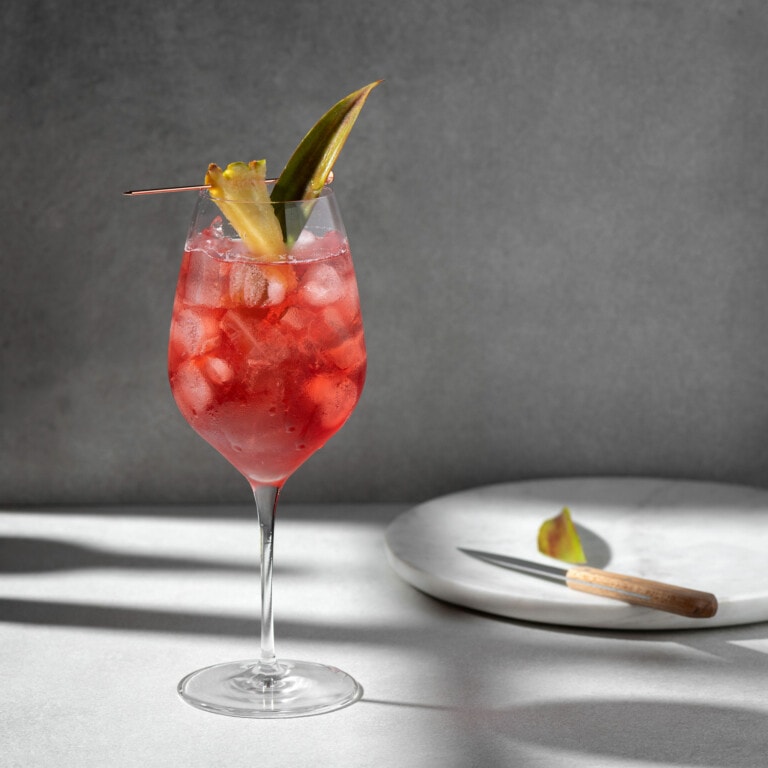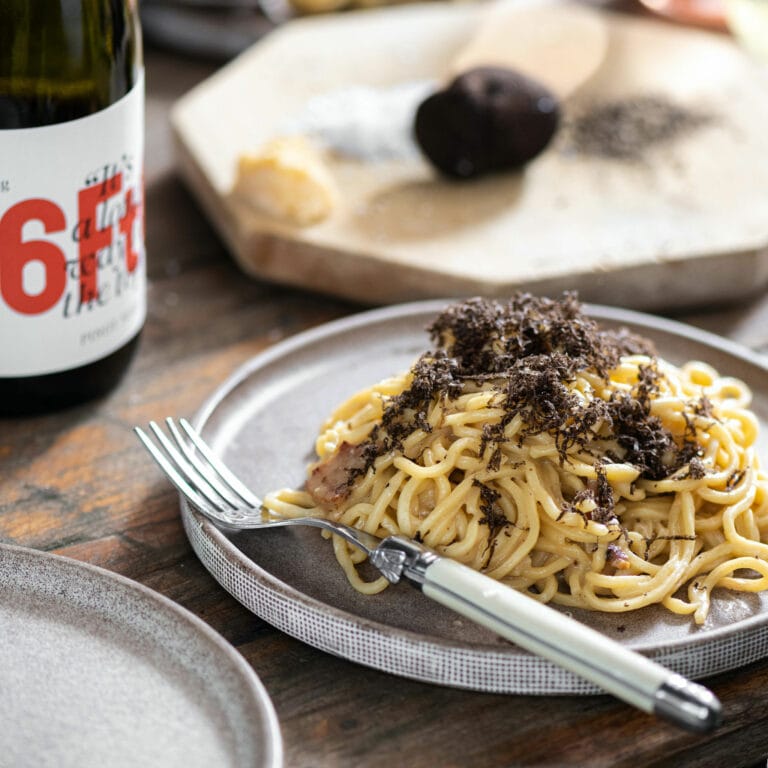What’s the deal with “clean” wine?
Let’s talk Clean Wine.
Because, let’s be honest. It’s not really clear is it. So, what is a “Clean” Wine?
“Clean” or “natural” seem to be *the* buzz words in the viticultural world these days. Cameron Diaz has stormed onto the international wine scene with Avaline, lauded as “the clean wine we need this summer”, and Sommeliers, cellar door staff and even “Wine Merchant” Karen at your local bottle-o are throwing these terms around with careless abandon.
But exactly WTF is a “clean wine”.
For a start – there is no legal definition when it comes to whacking “clean” or “natural” on your wine’s label. If you see a wine labelled as “clean”, it might mean it’s organic or pesticide free, it might mean the winemaking process is “low-intervention” or that it has no added sulphites, or that it’s made with biodynamic principles. It also might mean that the winemaker washed their hands at some point during the process… In the world of PR and Marketing, you could refer to it as spin.
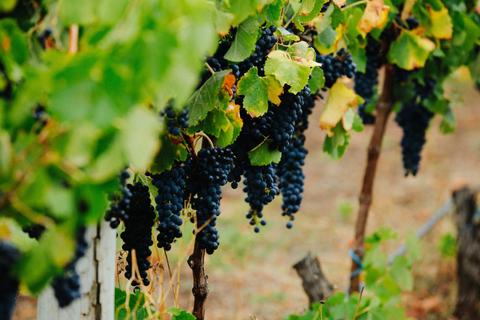
Which is to say, it doesn’t really mean anything.
However, if you are in the market for “clean” or “natural” – there *are* some labelling terms that might help…
When it comes to labelling a wine as “organic” or “biodynamic” there are some extremely stringent hoops that must be jumped through to certify yourself. These are real terms, that come with real requirements and certifications. If your wine label comes with an organic or biodynamic certification, you can trust that there has been great care taken in hitting each and every requirement those little stickers require.
If you want to label your wine as “vegan”, you need to be able to show that ZERO animal products were used in the production of your wine. If the wine you pick up at your local bottle-o is labelled as vegan (like all 6Ft6 wines!), it means something.
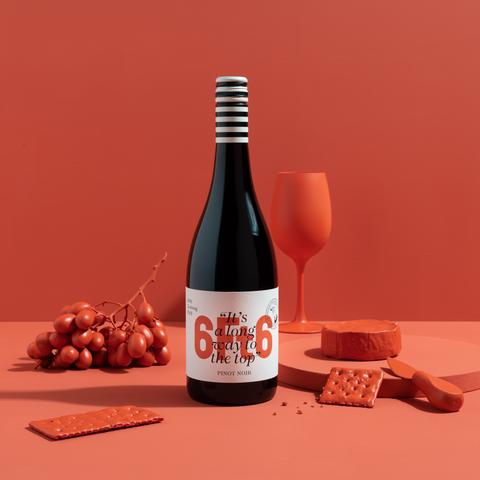
So – what *isn’t* a clean wine?
A “clean wine” does not mean that it’s “sulphite-free”.
In fact, it’s basically impossible to produce a “sulphite-free” wine as sulphites are a natural by-product of the winemaking process.
Wines that are described as “preservative-free” have no *added* sulphur dioxide, which, when it comes down to it, is just one of many tiny decisions that happens during the winemaking process. Some winemakers (and drinkers!) argue that adding so2 during winemaking stops a wine from developing new and interesting flavours. Others believe that because of their anti-microbial properties, adding sulphites is necessary to defend a wine against bad bacteria and keep it stable for longer.
If you’re not into funky, musty, mushroom like flavours, or you want a wine that you can be sure tastes exactly the same as that last bottle you loved, you’re going to want to steer clear of “preservative-free”.
And if you are into unpredictable, funky vinos? More power to you! Guzzle those “preservative-free” wines my friend!
But, despite popular opinion, unless you are actually allergic to sulphites (which is quite rare, but real), consuming them will not do you any harm – and while they can cause asthma like symptoms in those that are allergic, they definitely won’t cause headaches or hangovers. In fact, you’ll find that there is a higher level of sulphites in foods like tinned tuna, deli meat and dried fruit than there is in wine – and be honest – when is the last time you needed a next day Macca’s fix to sort out your Niçoise Salad hangover?
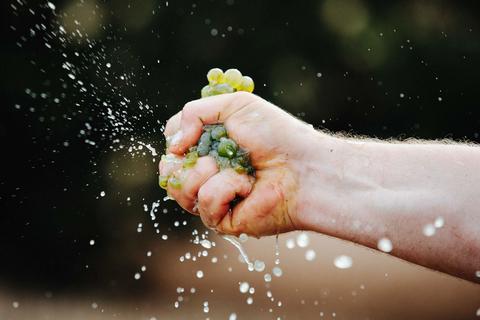
A “clean wine” does not mean you won’t get a hangover!
Inorganic materials don’t cause hangovers. We’ve learned that sulphites don’t cause hangovers. Fining wines using animal by-products doesn’t cause hangovers.
Evidence suggest that tannins and histamines found in aged wines can contribute to the headache part of a hangover. But if you don’t get a headache from a strong cup of tea, tannins are probably not your culprit. And if you are particularly susceptible to histamines and you really want to enjoy that 96 Bordeaux, headache free? Pop a Zovirax and you’ll be right.
Want to know what the most like cause of your hangover is? Alcohol. Alcohol is what causes hangovers.
There is no magical wine that won’t give you a hangover**. Whether it’s marketed as “clean”, “natural”, “organic”, biodynamic” or even “headache free”.
If you don’t want a hangover, drink lots of water, and don’t overindulge on the booze. Simples.
**Unless of course it’s non-alcoholic wine, but really? Is that what you came here looking for?






